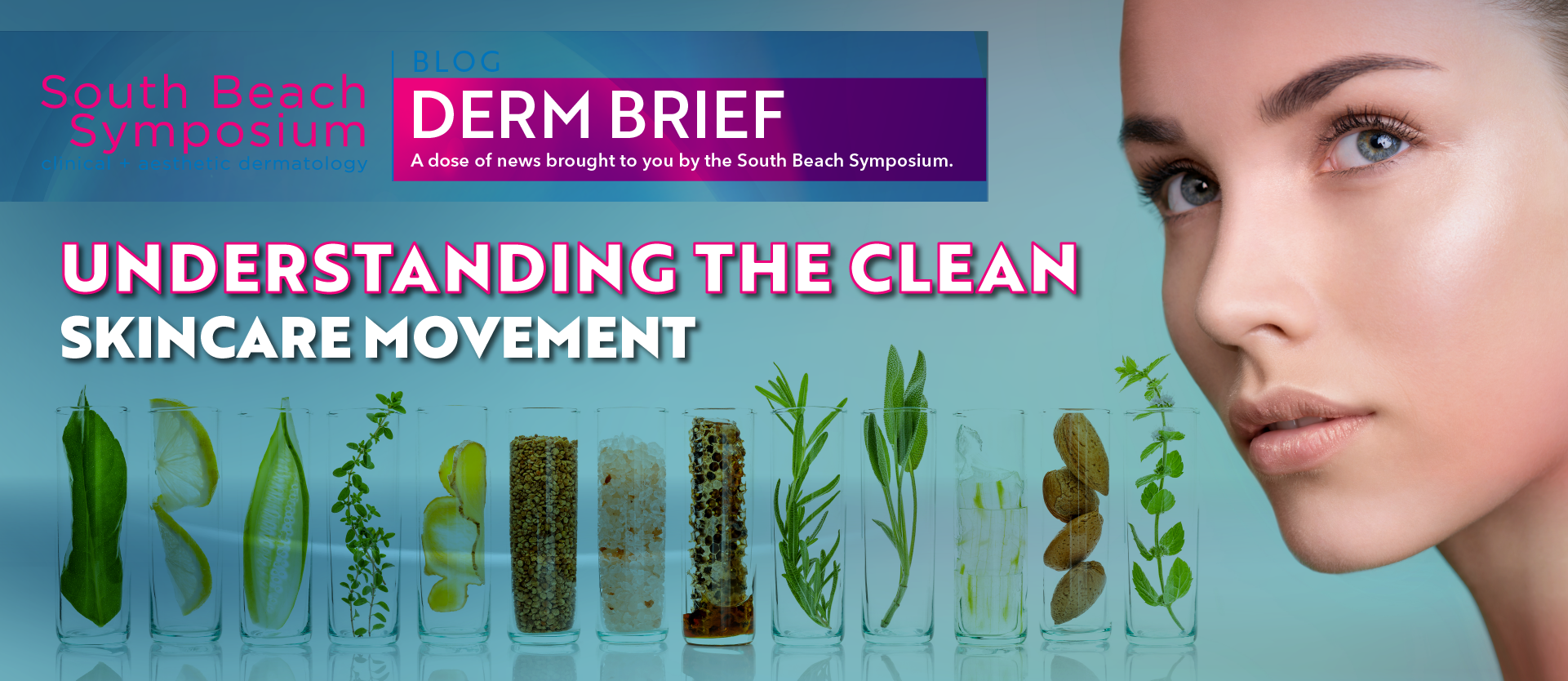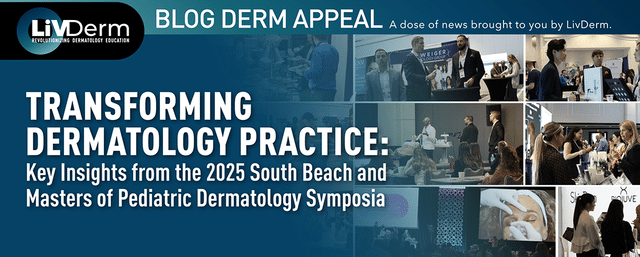In early September of this year, the global market watchdog company Technavio released an extensive research analysis: estimating that the global professional skincare market will leap by 7% between 2018-2022. One of the major trends leading the skincare industry forward includes a continuous increase in demand for clean skincare products and treatments. Several other industry experts agree that overall awareness surrounding clean skincare, coupled with a high consumer demand, has generated an incredible boom to the industry.
What Constitutes “Clean Skincare?”
There are varying degrees of extremity within the clean beauty movement: some advocates believe that clean beauty products and treatments must be entirely comprised of natural ingredients. Yet many researchers and dermatologists have noted that even natural ingredients can be harmful to the skin, while many synthetic ingredients have been carefully produced to effectively treat serious skin issues. Furthermore, even naturally derived ingredients must go through extensive processing to effectively extract essential antioxidants. With this understanding in mind, many researchers and experts instead define “clean skincare” as products and treatment methods which are devoid of damaging ingredients such as parabens, phthalates, sulfates, and petrochemicals.
The rise in consumer awareness and demand for “clean” skincare has attracted the attention of even Washington’s most powerful lawmakers. Through a bipartisan proposal, Sens. Dianne Feinstein (D-Calif.) and Susan Collins (R-Maine) have introduced the Personal Care Products Safety Act. Under the proposed bill, manufacturers of personal care products would be required to disclose all ingredients to the FDA, and include label warnings on products that include potentially harmful ingredients, such as petrochemicals and long-chained parabens.
Researched Benefits of Clean Skincare
An increasing number of studies detailing the cosmetic benefits of using clean, whole formula products have recently been released. One such study, published in the Journal of Drugs in Dermatology by a team of researchers from the Mount Sinai Medical Center, found that using nature-based products yielded various cosmetic benefits—which included reduced redness and irritation. Another study, published in the same journal and performed by a group of clinical research dermatologists, found that clean skincare regimens were more effective and long-lasting for patients with cosmetic intolerances such as rosacea and eczema. Study researchers concluded that nature-based products “…may be an attractive alternative for dermatologists to recommend to some subjects with sensitive skin. [Clean skincare] provides both the performance characteristics necessary for the management of sensitive skin as well as addresses a growing demand for the nature-based skincare formulations.”
To learn more about the dermatological uses of natural skincare products, attend the 17th Annual South Beach Symposium session on The Science of Topical Therapy, RX, OTC and Cosmeceuticals.
SOURCES:
https://www.congress.gov/bill/115th-congress/senate-bill/1113
http://jddonline.com/articles/dermatology/S1545961618P0908X
http://jddonline.com/articles/dermatology/S1545961614P1021X/2
https://www.fastcompany.com/3068710/whats-driving-the-billion-dollar-natural-beauty-movement

















